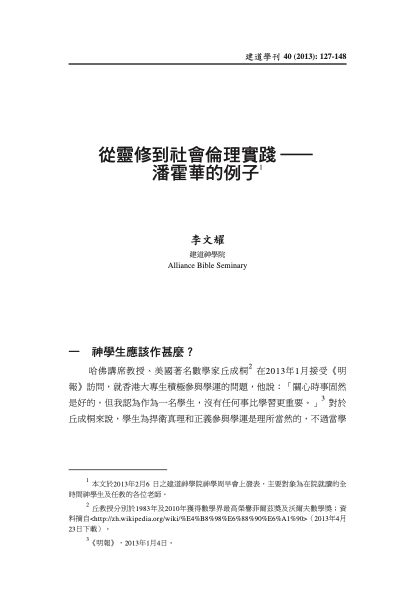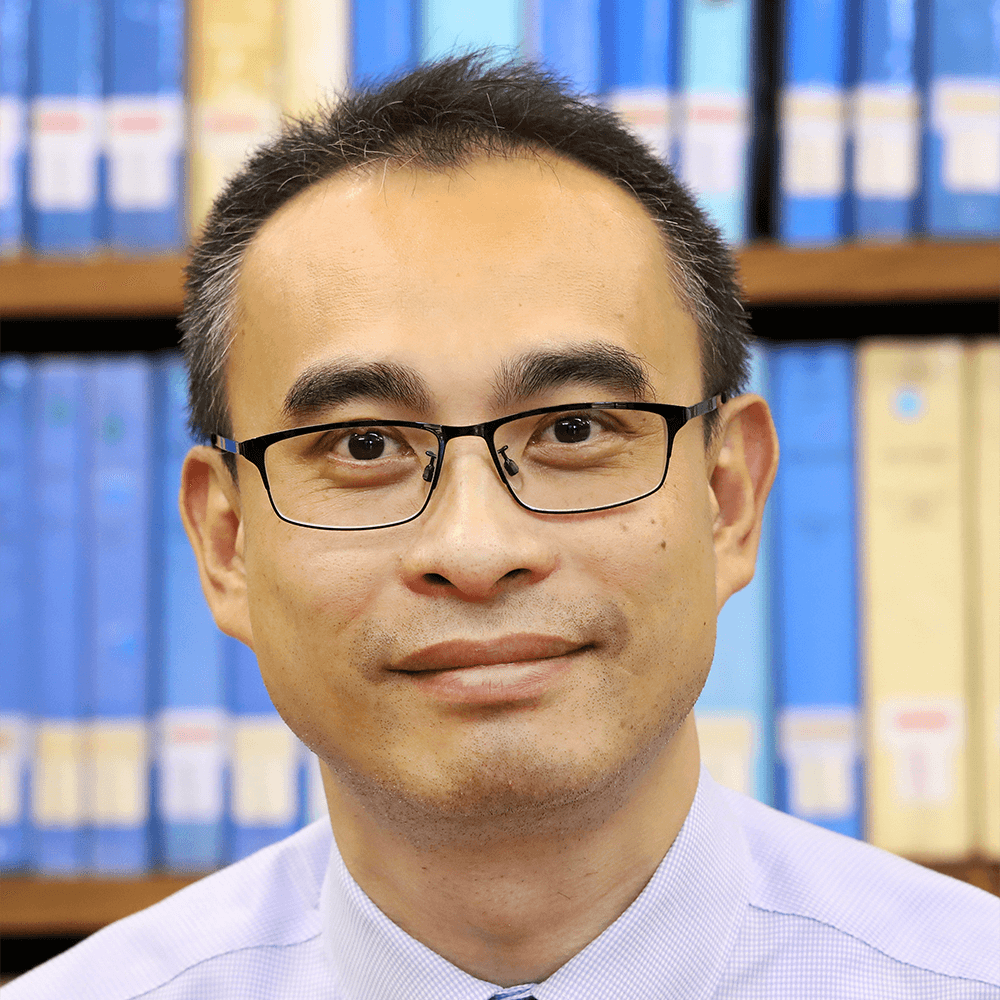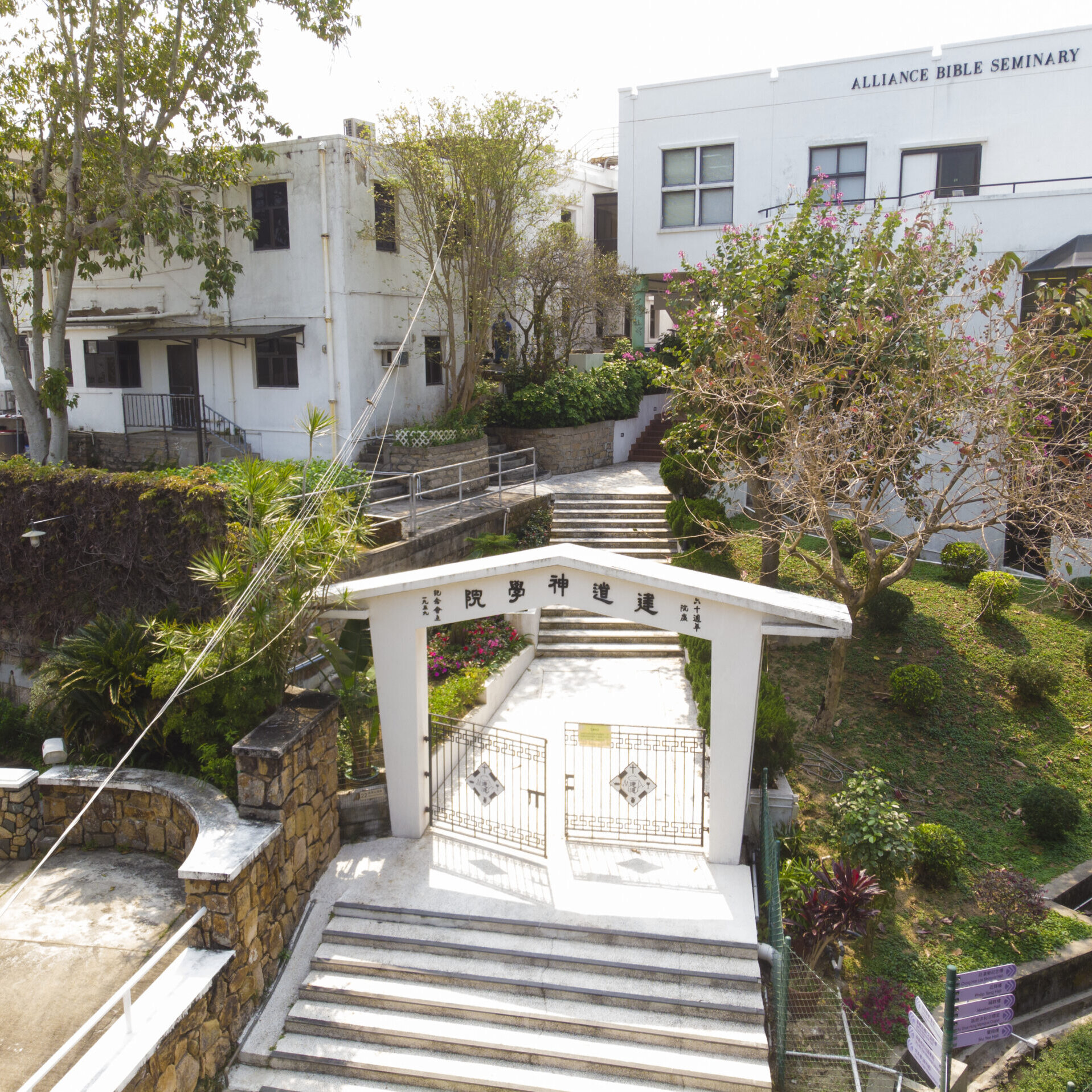從靈修到社會倫理實踐—潘霍華的例子/李文耀
李文耀
撮要
神學生應該作甚麼?靈命與抗爭的關係是甚麼?何者更重要?原因又是甚麼?本文嘗試從潘霍華的神學思考這些問題。當希特拉在1933年3月成為德國總理後,潘霍華在同一年於不同場合中發表了兩個演說,呈現出兩個潘霍華的面貌,一個比較溫和,另一個較為激進。我們應該如何協調呢?本文首先指出「基督的實在」(die Wirklichkeit Christi)乃潘霍華神學的核心觀念,然後在「落實這一實在」這個脈絡下理解他的靈修觀及社會行動觀。最後,我們發現到,靈修與社會行動並不是對立的信仰實踐。兩者在基督那「為他者而存在」的位格性中連結起來。讀神學、靈修是為了認識基督,讓基督的位格塑造人的生命。如此,靈修不是為自己,卻是為他者的。靈修必須在羣體中實踐。在「為他者而存在」的塑造下,基督徒的社會行動是一個自然的延伸。教會羣體需要回應鄰舍的訴求,透過回應鄰舍的訴求來履行上帝的旨意。上帝的旨意是甚麼呢?對於潘霍華,那就是讓「基督的實在」落實到人間裏去。整個落實的過程包括讀經靈修與社會行動兩方面,而兩者離不開教會羣體。至於何時溫和,何時要激進,在乎上帝在今日的旨意是甚麼及教會是否進入宣認信仰的關鍵時刻 (status confessionis)。
ABSTRACT
What should a student of Theology do today? What is the relationship between spiritual life and social protest? Which one is more important? What is the reason? This article attempts to reflect on these issues through the theology of Dietrich Bonhoeffer. When Adolf Hitler was appointed as chancellor in 1933, Bonhoeffer had delivered two speeches on different occasions in the same year. These speeches present two quite different outlooks of Bonhoeffer’s thought. One is gentle and the other is more radical. How should we account for this? This article first points out that “the reality of Christ”(die Wirklichkeit Christi) is a core concept of Bonhoeffer’s thought and then explicates his views on spiritual exercises and social actions under the context of the “actualization of such a reality.” Finally, we find that spiritual exercises and social actions are not mutually-contradicting practices of faith. These two practices are closely related in the personhood of Christ that has “being-therefor-the-other” as its nature. Studying theology and doing spiritual exercises aim at understanding of and conformation to the person of Christ. Following this direction, spiritual exercises are always done for the other and thus must be performed in the community. Under the formation of “being-there-for-the-other,” Christian social action is a natural extension. The church-community has to respond to the claims of the neighbor and through this response fulfills the will of God. What is the will of God? According to Bonhoeffer, it is nothing but the actualization of “the reality of Christ” in history. Such an actualization process contains both spiritual exercises and social actions which are performed in/by the church-community. Should we act gently or radically? It depends on the will of God for us today and the judgment of whether the church is entering into the critical moment of status confessionis.
原載於《建道學刊》40期(2013年7月),頁127-148。
作者簡介
李文耀
張慕皚教席教授
候任副院長 (學術)
教務長
最新文章
新手牧者研究計劃(三):新手牧者的身心靈狀態 / 盧慧儀
2025 年 11 月 19 日
【教牧退休】好好理財 退而不憂 / 林本利
2025 年 10 月 1 日
【教牧退休】生前身後的管理:平安三寶 / 陸文慧
2025 年 10 月 1 日
編輯精選
[電子書]困境與抉擇:「建道研究中心30週年誌慶」跨學科研討會論文集/廖炳堂、倪步曉主編
2025 年 1 月 2 日
從梧州到長洲:建道神學院125年的挑戰與恩典 / 陳智衡
2023 年 10 月 1 日
微小教會的見證/高銘謙
2023 年 6 月 1 日








